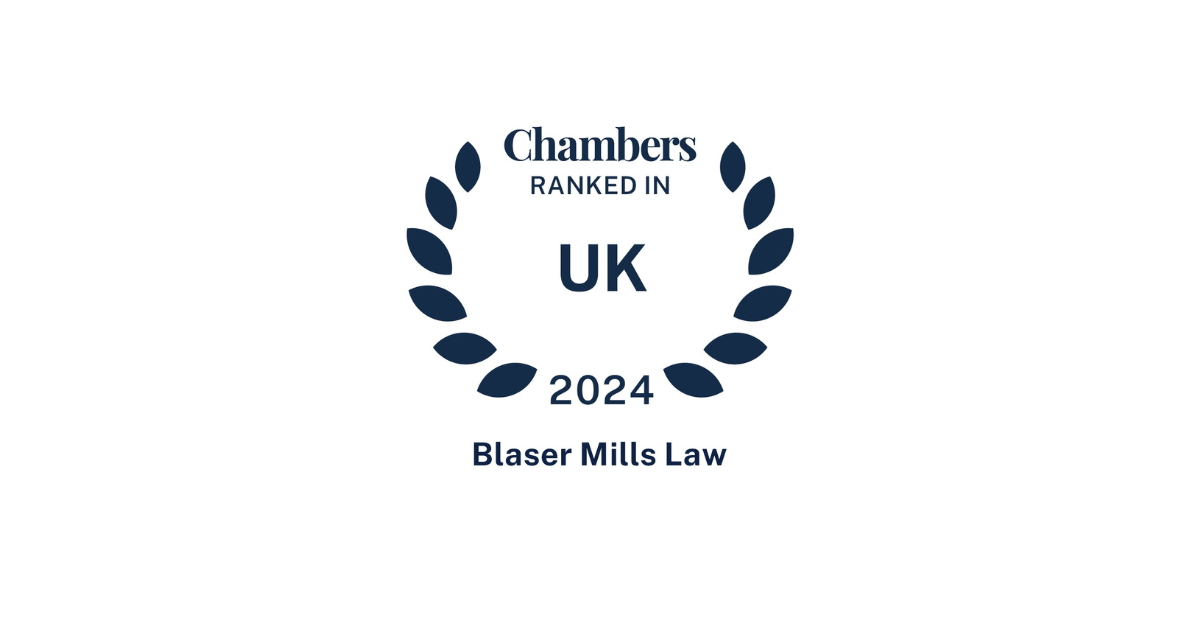Manchester United (‘Man Utd or the club’) player, Cristiano Ronaldo (‘Ronaldo or the player’), has been a fantastic player for Man Utd over the years and his transfer to the club was seen as the second coming for the club and fans. However, following his comments in his interview with Piers Morgan on Piers Morgan Uncensored, after taking legal advice, Man Utd have since announced that Ronaldo is to leave club with immediate effect.
Man Utd announced in an official statement that Ronaldo’s exit was “mutually agreed”. As a consequence, it is reported that Man Utd have saved around £15.5 million in salary by terminating Ronaldo’s employment contract early.
Nevertheless, Man Utd would have had to weigh up whether the club could bring or defend a claim for compensation before FIFA or an English court further down the track for the residual value of Ronaldo’s employment contract.
This article looks at the possible legal issues and considerations faced by both parties before a mutual agreement was finally reached.
Standard Form Contract – Express Terms
The first port of call for the club and its legal advisors would, in all likelihood, be the employment contract between the parties.
In this context (taking any other image rights/commercial contracts aside), Ronaldo would have signed a Premier League standard form employment contract (‘Standard Form Contract’). The express terms set out in the Standard Form Contract includes clause 3.2, which states:
“The Player agrees that he shall not:
…
3.2.5 – knowingly or recklessly do, write or say anything or omit to do anything which is likely to bring the Club or the game of football into disrepute, cause the Player or the Club to be in breach of the Rules or cause damage to the Club or its officers or employees or any match official”.
Clause 10 of the Standard Form Contract then deals with termination of employment by the club. Specifically, it states:
“10.1 The Club shall be entitled to terminate the employment of the Player by 14 days’ notice in writing to the Player if the Player:
10.1.1 shall be guilty of Gross Misconduct;
10.1.2 shall fail to heed any final written warning given under the provisions of Part1 of Schedule 1 hereto.”
Gross Misconduct is defined in the Standard Form Contract:
“Gross Misconduct” shall mean serious or persistent conduct behaviour activity or omission by the Player involving one or more of the following:
(a) theft or fraud;
(b) deliberate and serious damage to the Club’s property;
(c) use or possession of or trafficking in a Prohibited Substance;
(d) incapacity through alcohol affecting the Player’s performance as a player;
(e)breach of or failure to comply with of any of the terms of this contract,
or such other similar or equivalent serious or persistent conduct behaviour activity or omission by the Player which the Board reasonably considers to amount to gross misconduct;
Implied terms
The above sets out the written or ‘express’ terms of the Standard Form Contract.
To the extent Man Utd would not have been adequately protected by the express terms agreed with Ronaldo, it may also be able to rely on certain terms which are implied by law into an employment contract. A breach of an implied term may be enforced by an employer as if the term was included expressly in the contract.
Further, Man Utd could have been assisted by the implied duty of mutual trust and confidence, the duty (on Ronaldo) to be ready and willing to work and/or the duty to obey lawful and reasonable orders.
Contractual and Statutory Rights
In the circumstances, the club will have considered whether Ronaldo’s conduct amounted to misconduct.
A further or alternative route for the club would have been to consider whether his actions justified his dismissal for the potentially fair reason of ‘some other substantial reason’ or a breakdown in trust and confidence and reputational risk.
The employment contract would have been governed by and construed in accordance with English law and the parties submit to the non-exclusive jurisdiction of the English Courts.
FIFA – The Football Tribunal
In this context, FIFA’s Football Tribunal is also competent to hear “employment-related disputes between a club and a player of an international dimension”. In this case, we have an employment related matter between an English club and a Portuguese player.
Specifically, FIFA introduced provisions and principles of contract and employment law such that a contract may be terminated with just cause without penalty of any kind and, the principle that compensation should be paid whenever a contract is terminated without just cause.
Terminating a contract with just cause
Art. 14 of FIFA’s Regulations on the Status and Transfer of Players (‘RSTP’) states:
“A contract may be terminated by either party without consequences of any kind (either payment of compensation or imposition of sporting sanctions) where there is just cause.”
However, it then goes on to state at art 14.2, that:
“Any abusive conduct of a party aiming at forcing the counterparty to terminate or change the terms of the contract shall entitle the counterparty (a player or a club) to terminate the contract with just cause”.
FIFA’s Regulations do not provide a defined list of “just causes”. It is impossible to capture all potential conduct that might be considered just cause for the premature and unilateral termination of a contract in these circumstances. In short though, a contract may only be terminated prior to the expiry of the agreed term where there is a valid reason to do so.
As far as FIFA is concerned, when assessing whether a valid reason existed for a unilateral contract termination, the following principles should be applied, while considering the specific circumstances of each individual matter:
- Only a sufficiently serious breach of contractual obligations by one party to the contract qualifies as just cause for the other party to terminate the contract.
- In principle, the breach is considered sufficiently serious when there are objective circumstances that would render it unreasonable to expect the employment relationship between the parties to continue, such as a serious breach of trust.
- The termination of a contract should always be an action of last resort
Terminating a contract without just cause
The consequences of terminating an employment contract are that the party in breach of the contract will (in almost all cases) be required to pay compensation.
However, if a party terminates a contract without just cause, or seriously breaches its contractual obligations to such an extent that the counterparty (either the club or the player) has just cause to terminate the contract, the party at fault must normally pay compensation, and unless otherwise provided for in the contract, compensation for the breach shall be calculated with due consideration for the law of the country.
In this case, the party in breach would be expected to pay the remuneration and other benefits due to the player under the existing contract. This would be the residual value of the employment contract that was terminated early.
As mentioned previously, one would be looking at compensation of anything up to c. £15.5 million. However, this would be offset by the value of any new contract that Ronaldo may have secured by the time of FIFA’s decision.
Issue – Mitigation
The duty to mitigate is a common law principle under English law that requires an employee to minimise their losses, or the damage they have suffered, after being terminated. This means that an employee must make reasonable attempts to find new employment.
Whilst FIFA regulations do not place such an obligation on a party to mitigate losses, this is taken into account when calculating the compensation due to a player if their contract is terminated unilaterally and without just cause by the club (or with just cause by the player). FIFA’s regulations make a distinction between whether the player has signed a new contract or remains unemployed.
In this respect, Ronaldo would surely have secured employment with another club willing to pay the same (or more) salary by the time any FIFA proceedings would have ended. Therefore his losses would, in theory, be nil or very close to that.
Conclusion
As it turns out, the parties came to a mutual agreement that will remain confidential.
However, it’s no coincidence that Ronaldo sought to end to his time at Man Utd just as the World Cup started and the January 2023 transfer window opens. In doing so, Ronaldo would (through his advisors) have considered the issues in bringing a claim (either by Man Utd or the player himself) before FIFA or an English court).
Man Utd will feel very aggrieved that its star player sought to criticise the club and its staff in such a manner. Similarly, the club will have considered its legal position – which many will argue was a good one – and Man Utd would have felt confident in bringing or defending any claim before FIFA or the English courts.
Nonetheless, there is a bigger picture to consider here to the extent that the Glazer family announced (on the same day that it announced that Ronaldo had left by mutual consent) that the club is up for sale. Man Utd’s share price rose almost 17% immediately after the announcement.
The prospect of protracted (and very public) legal proceedings with the club’s star player would no doubt have weighed heavily on the minds of the owners when considering their legal position.
In the end, a draw was probably the best result here.


















